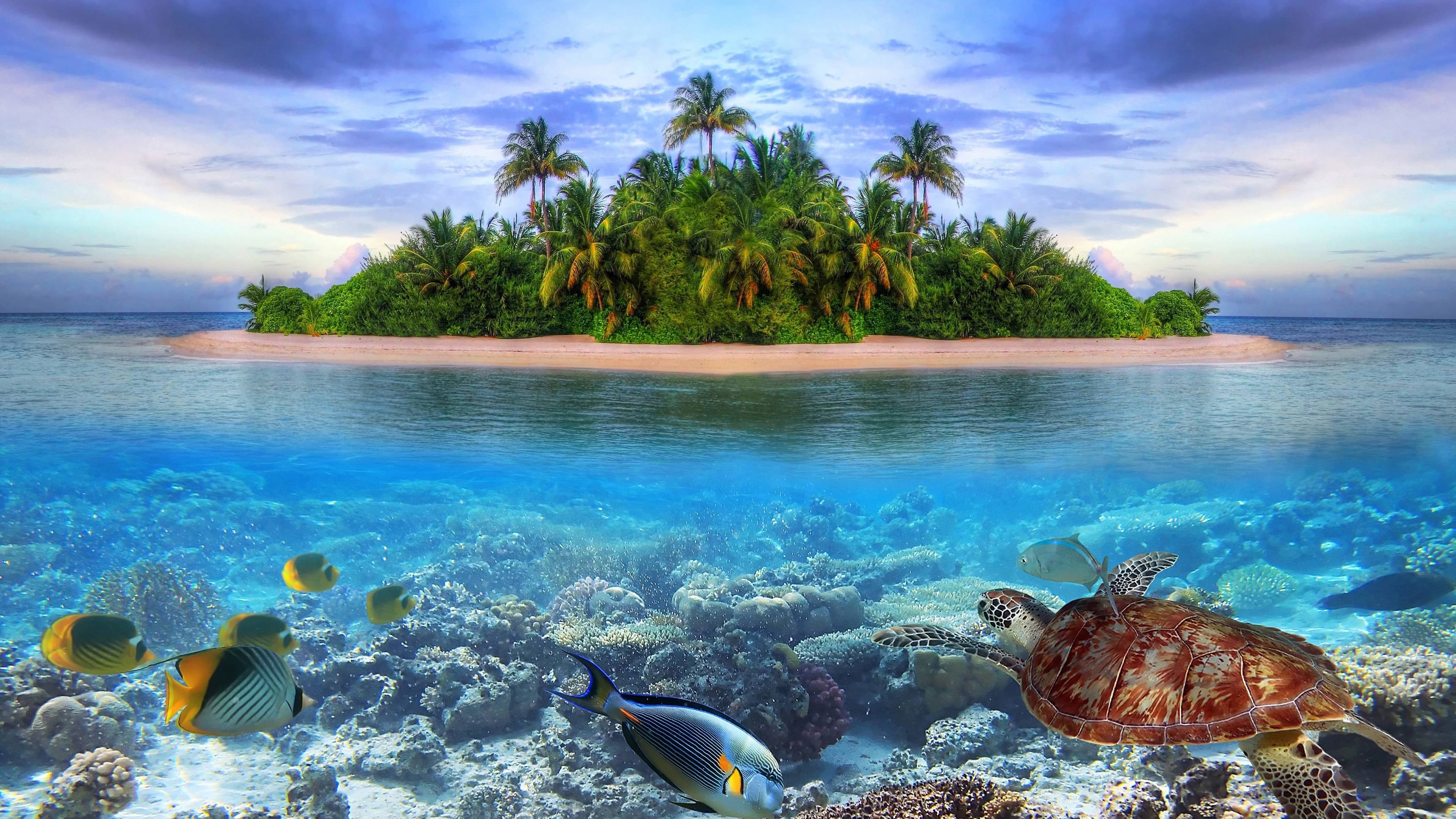
Talofa Lava
Pereira's of the South Seas!
Welcome to the House of Pereira
Know your family
Explore our comprehensive family directory and discover your heritage
Where it all began
Discover the roots of the Pereira family lineage and connections
Witness the Past
Journey through our family's historical timeline and significant events
Enjoy the Photos
Browse our collection of family photos and preserved memories
🚀 Coming Soon: State-of-the-Art Genealogy Platform
We're building something extraordinary. The House of Pereira platform is currently in development, featuring cutting-edge technology and innovative services designed to revolutionize how families preserve and explore their heritage.
Intelligent multi-word name search that outperforms major genealogy platforms
Customizable genealogy platform for organizations and institutions
Earn rewards by referring new members and organizations
Advanced tools for researchers, contributors, and genealogists
Bank-level security with role-based access control
Full data portability with industry-standard GEDCOM 5.5.1
Be the first to know when we're ready. Early signups get exclusive access and special benefits.